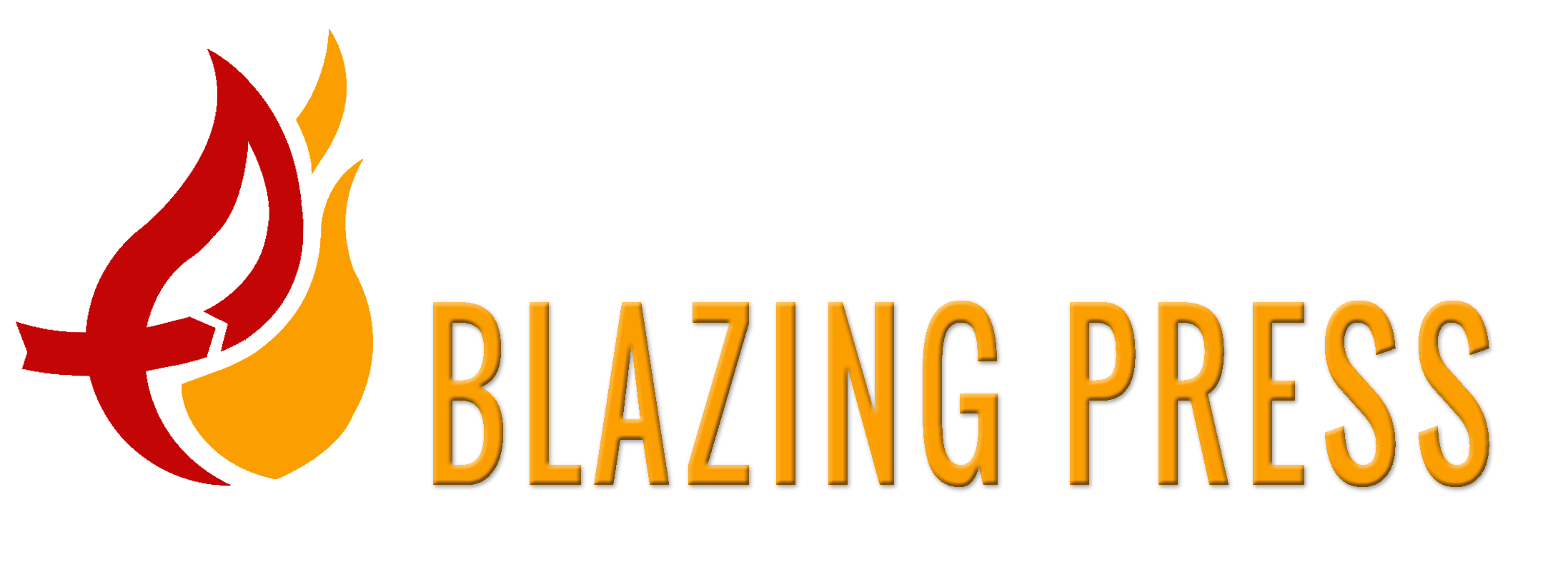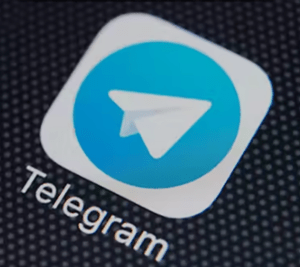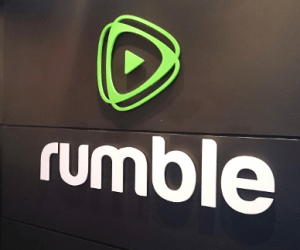(The Expose) – The use of mobile driving licences (“mDLs”) continues to expand globally, with countries such as Australia, South Korea and Paraguay following the path of early adopters like Mexico.
The US is also seeing a spike in uptake, with six states already offering a digital identity credential as a valid mobile driving licence. According to a release from the Secure Technology Alliance, more are coming with 26 other states already in the process of introducing mDLs.
Two years ago, The Last American Vagabond outlined how the push for digital identity programmes is a scam disguised as a human right. In an article published in August 2023, the independent Canadian outlet exposed who is behind the push for digital driving licences in the US and Mexico, which we don’t delve into in our article. You can read The Last American Vagabond’s article HERE.
Mexico
Thales, in cooperation with local partner Cosmocolor, implemented the first Mexican smart card driving licence, in Nuevo León State, in 2007.
The technology has now been expanded to the states of Jalisco, México, Veracruz and Sonora.
As The Last American Vagabond detailed, Thales is one of the driving forces behind the expansion of mobile or digital driving licences.
Australia
In 2017, South Australia became the first state to launch digital licences. In 2021 hackers accessed more than 2,600 mySA GOV accounts after obtaining passwords in a cyber attack on a separate, unrelated website.
Oddly, in January 2024, an academic observed how digital IDs have by and large won popular acceptance in Australian states in no small measure due to having security procedures that assuage most public concerns, according to Biometric Update.
In April 2024, Victoria adopted mDLs as a valid form of digital ID. Last year, the state began rolling out digital driving licenses in stages. The trial in Ballarat saw more than 15,000 people access their digital license since it began in July 2023. The state government called the trial “successful” despite a rough start involving email invitations with incorrect surnames being sent to 57,000 Ballarat residents, prompting security concerns.
South Australia and Victoria were not the only states in Australia to have experienced privacy and security issues.
In 2020, Queensland passed a law to distribute digital driving licences from Thales and in May 2022, the state of Queensland piloted a mDL app in the city of Townsville with plans to roll it out across the entire state in 2023.
While Queensland was launching its pilot, the New South Wales’ mDL was reported to still be vulnerable to attacks and significant design flaws despite warnings from almost three years ago.
In November 2019, the New South Wales government introduced the digital driving license (“DDL”) as a means to make it easy for people to access a digital version of their driving license.
Paraguay
Digital IDs derived from Paraguay’s national identity card and driving licenses are now accepted as their legal equivalents, but a civil society group is warning that in the absence of proper regulation, the system could undermine personal privacy and other human rights.
Paraguay-based digital rights advocacy the Association of Technology, Education, Development, Research, Communication (“TEDIC”) issued the report on the risks of and recommendations for the national digital ID system.
The starting point of the analysis is made clear in an initial section on the global context, in which mass privacy violations are attributed to India’s digital ID system, Aadhaar. The data protection inadequacies of select digital ID implementations in countries around the world are then reviewed before TEDIC moves on to a section highlighting risks and concerns associated with biometrics use.
Paraguay’s digital ID law is not yet accompanied by adequate regulations, according to TEDIC. An e-government platform established in 2018 for online access to public services, for example, has not updated its privacy policy to address the use of digital IDs. The group says that limitations on the collection of biometrics are needed, along with protections against unauthorized access, processes to correct or delete personal data and other safeguards.
United States
Many US states are launching and expanding mDLs to eventually be equivalent to their physical counterparts. Eventually, these digital ID credentials are likely to be stored in and shared via digital wallets, Intellicheck CEO Bryan Lewis told PYMNTS.
“Eventually digital wallets will be how we all do everything,” Lewis said. What America needs now to unite its fragmented digital ID landscape, he argued, is a storage format for mDLs that is secure against hacking.
New York is preparing to launch a pilot, while New Jersey passed legislation for the creation and issuing of mDLs. Illinois has proposed a bill that would allow for those to display licences on their smartphones alongside, not in place of, their physical counterparts. In Colorado, mDLs can be used as a valid form of identification for some law enforcement agencies, including the city of Denver.
As many as 26 states are taking steps toward implementing mDLs, and 66 million people are using mDLs in the 6 states where they are fully available, according to the Secure Technology Alliance.
“State-issued identity credentials should always be perceived as a public good,” said Eric Jorgensen, director of the Arizona Department of Transportation’s Motor Vehicle Division in a keynote address at the Identity and Access Forum Spring Member Meeting.
A public good? Really?
With an anti-hacking storage format digital identities might “unite a fragmented ID landscape” but because mDLs have biometric authentication, encryption and verification capabilities, civil liberties organisations have voiced concerns about whether or not the systems are actually secure.
The Electronic Frontier Foundation (“EFF”) shared security concerns regarding the California DMV Wallet app in a recent article. The app, which is currently being used by roughly 325 Californians, began a pilot last year.
The state contracted digital credential provider Spruce ID for the creation of a wallet app instead of Google Wallet, which accepts mDLs from Georgia, or the Samsung Wallet, in partnership with Idemia, which accepts IDs in Iowa and Arizona.
Related: Nigeria’s digital prison has been built and the gates are closing
Protections need to be put in place to limit the information law enforcement can gather both by mDLs and from the smartphone presenting the ID as established in proposed legislation in Illinois. Digital identity apps are not and should never be mandatory, the EFF says.
Sources for this article include:
- Australian, US states to trial mobile driver’s license apps, Biometric Update, 25 May 2022
- Mobile driver’s licenses are almost mainstream in the US, Biometric Update, 22 January 2024
- Samsung Wallet now supports mobile drivers licenses in South Korea, Biometric Update, 30 March 2024
- Paraguay issuing digital IDs and mDLs without adequate regulation, NGO argues, Biometric Update, 3 April 2024
- States converge on mDLs, Biometric Update, 11 April 2024
- Secure Technology Alliance launches template for using mobile driver’s licenses, Biometric Update, 18 April 2024














